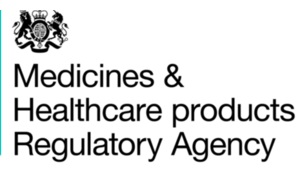
-
18th Jan 2013, 06:26 PM
#1
The MHRA guide (& other regulators guidance) state that clinical studies must be approved by the regulatory authority and an Ethics Committee (IRB/IEC). The Sponsor and/or the Investigator (or Chief Investigator) applies for this ethical approval. The protocol approved by the EC will detail what laboratory analytical work will be performed.
MHRA GCP Guide advises that:- "The primary consideration for all types of laboratory work is that it must, be performed in accordance with the clinical protocol, GCP and the laboratory’s internal quality system". "Laboratories must only perform work that is detailed in the clinical protocol, a work instruction or the contract. ...It is important that there is a clear understanding between the sponsor and the laboratory on the nature of the work that will be performed .... ensure that the planned procedures are covered by the informed consent obtained from the trial subjects or their legal representatives".
EMA guidance EMA/INS/GCP/532137/2010 states that with regard to agreements between sponsors and laboratories:- "It is also appropriate to ensure these agreements comply with local legal regulatory and ethical requirements, and again that there are no conflicting terms". Also "The laboratory should seek assurance from the sponsor that the additional work does not conflict with the requirements of the clinical trial protocol, compromise the informed consent given by the trial subjects or impact on the ethics committee approval and/or the authorisation given by the competent authority".
So the sponsor should be able to supply you with assurance that the work undertaken by your laboratory has been approved by an ethics committee.
 Posting Permissions
Posting Permissions
- You may not post new threads
- You may not post replies
- You may not post attachments
- You may not edit your posts
-
Forum Rules






 Reply With Quote
Reply With Quote